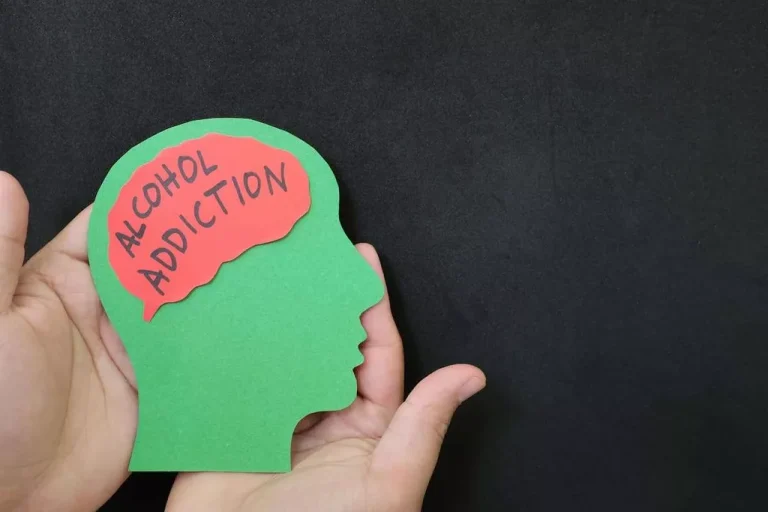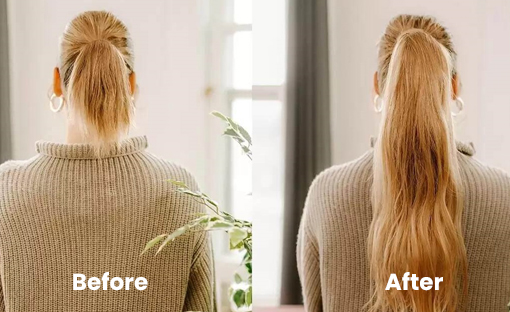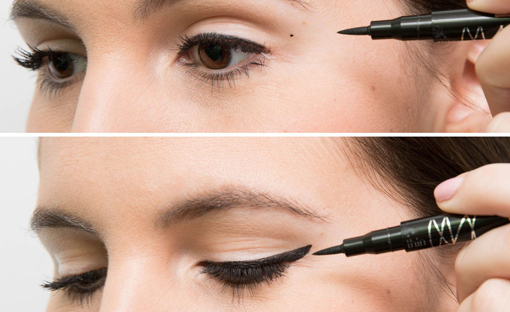The purpose of this manuscript is to review the cognitive, affective, and neural mechanisms underlying the effects of mindfulness-based interventions (MBIs) on SUDs. We discuss the etiology of addiction and neurocognitive processes related to the development and maintenance of SUDs. We then explore evidence supporting use of MBIs for intervening in SUDs and preventing relapse.

The purpose of this manuscript is to review the cognitive, affective, and neural mechanisms underlying the effects of mindfulness-based interventions (MBIs) on SUDs. We discuss the etiology of addiction and neurocognitive processes related to the development and maintenance of SUDs. We then explore evidence supporting use of MBIs for intervening in SUDs and preventing relapse.

How Do You Begin Incorporating Meditation into Your Journey of Recovery?

Before she decides to attend the party, she could practice mindfulness to decrease stress and become aware of any craving-related thoughts, feelings, and bodily sensations. If she chooses to attend the party, she can use mindfulness to monitor and regulate her experience of craving in response to substance-related cues. Meditation is a practice that involves focusing your mind and eliminating distractions to achieve a state of mental clarity and relaxation. It’s a method of training the mind to be present in the moment, engaging in self-awareness and inner peace. For people dealing with drug or alcohol addictions, meditation can serve as a valuable tool in their recovery at alcohol rehab centers in Pennsylvania. While they meditate, they can learn to observe their thoughts and cravings without judgment, reducing the urge to use substances.
Mental Benefits
Individuals can benefit from different meditation techniques to ease their symptoms. Here’s a summary of how meditation can assist with various addiction symptoms. Acceptance and acknowledging the truth about yourself after you’ve become an addict to drugs and alcohol is a powerful act. Knowing how to react to the truth and not be overrun by your https://ecosoberhouse.com/ emotions from reacting to it can lead to you having more control over your life.
Meditation Techniques For People With Drug or Alcohol Addictions: Breathing Techniques
It is a practice of nonjudgmental, nonreactive awareness of one’s present-moment experience, including one’s thoughts, feelings, sensations, and perceptions. The challenges of using meditation for addiction treatment include initial resistance, difficulty maintaining regular practice, and individual differences in response. Some individuals may find it challenging to engage in meditation consistently, especially in the early stages of recovery. According to Healthline, it’s essential to integrate supportive practices like yoga therapy to enhance motivation and adherence.
Sustained Recovery
- Practicing mindfulness and meditation while recovering from addiction encourages you to pay attention to what you do and think about, even things that you’ve been doing on autopilot.
- We are dedicated to transforming the despair of addiction into a purposeful life of confidence, self-respect and happiness.
- Mindfulness is defined as non-judgmental awareness of what’s happening to you in the present.
- These immersive experiences can deepen your practice and provide a supportive environment.
- Physical benefits you get out of mindfulness practices can vary according to the nature of the intervention.
If you’re suffering from severe mental health issues, consult a professional who can provide you with thorough counseling and therapy. You can also opt to do inpatient treatment or rehabilitation to keep yourself in a more controlled environment. While you may not feel these benefits immediately as you adjust to becoming more deliberate and self-reflective with how you think and feel, the long-term merits of mindfulness and meditation are sure to be instrumental in your recovery. At its core, meditation is about focusing one’s attention in a calm and steady manner, often centering on one’s breath or inner thoughts.
- Practicing daily meditation can improve your self-control, awareness and addictive triggers.
- In recovery, part of the journey is finding alternative ways to manage these difficulties in a way that is supportive to one’s health and well-being.
- Therefore, daily meditation gives you the freedom to get up and go without being held back by anxiety.
- One study also found people with chronic pain who meditated were able to reduce their pain by up to 42%, which led to better sleep, improved mood and better activity levels.
Also, you can take short meditation breaks throughout the day, especially during moments of high stress or when cravings arise. Even a few minutes of deep breathing and mindfulness can make a significant difference. The benefits Sobriety of meditation for people with drug or alcohol issues are substantial and far-reaching. For those in recovery during benzo rehab, stress can be a major trigger for relapse.
The Benefits of Meditation in Addiction Recovery
Many therapists offer guided meditations during their individual and group therapy sessions. With practice,greater proficiency and focus is attained, and eventually students learn toslip quickly into a free and meditative state. If you’re struggling with addiction and want to explore the transformative power of meditation, let Recovery Lighthouse guide you on your journey to a healthier, happier and more balanced life. Tai Chi and Qigong may also be able to improve sleep quality, with corresponding impact on mental health.
As we addiction meditation kundalini all know, people struggling with addiction experience severe anxieties in a number of ways. Therefore, daily meditation gives you the freedom to get up and go without being held back by anxiety. Research shows that mindfulness can be helpful for anyone wanting to gain more control over their thoughts.

Mental Health Treatment Programs
Practicing mindfulness can help people to manage cravings, reduce stress, and improve their mood. It is a valuable tool people can use in their daily lives to reduce the risk of relapse. According to the Pew Research Center, in 2014, 40% of U.S. adults practiced a form of meditation at least once a week, 8% meditated once or twice a month, and 4% meditated several times a year. Meditation is a valuable part of these services for interested clients.Contact The Recovery Villagetolearn about admissions, treatment options and how our programs can help you begin living a substance-free life. For many years, scientists believed that the brain’s plasticity, that is, its ability to create new structures and learn, was limited after childhood. However, new research shows that we can alter the structure of the brain and reap the benefits well into adulthood.









Leave a Comment
Your email address will not be published. Required fields are marked with *